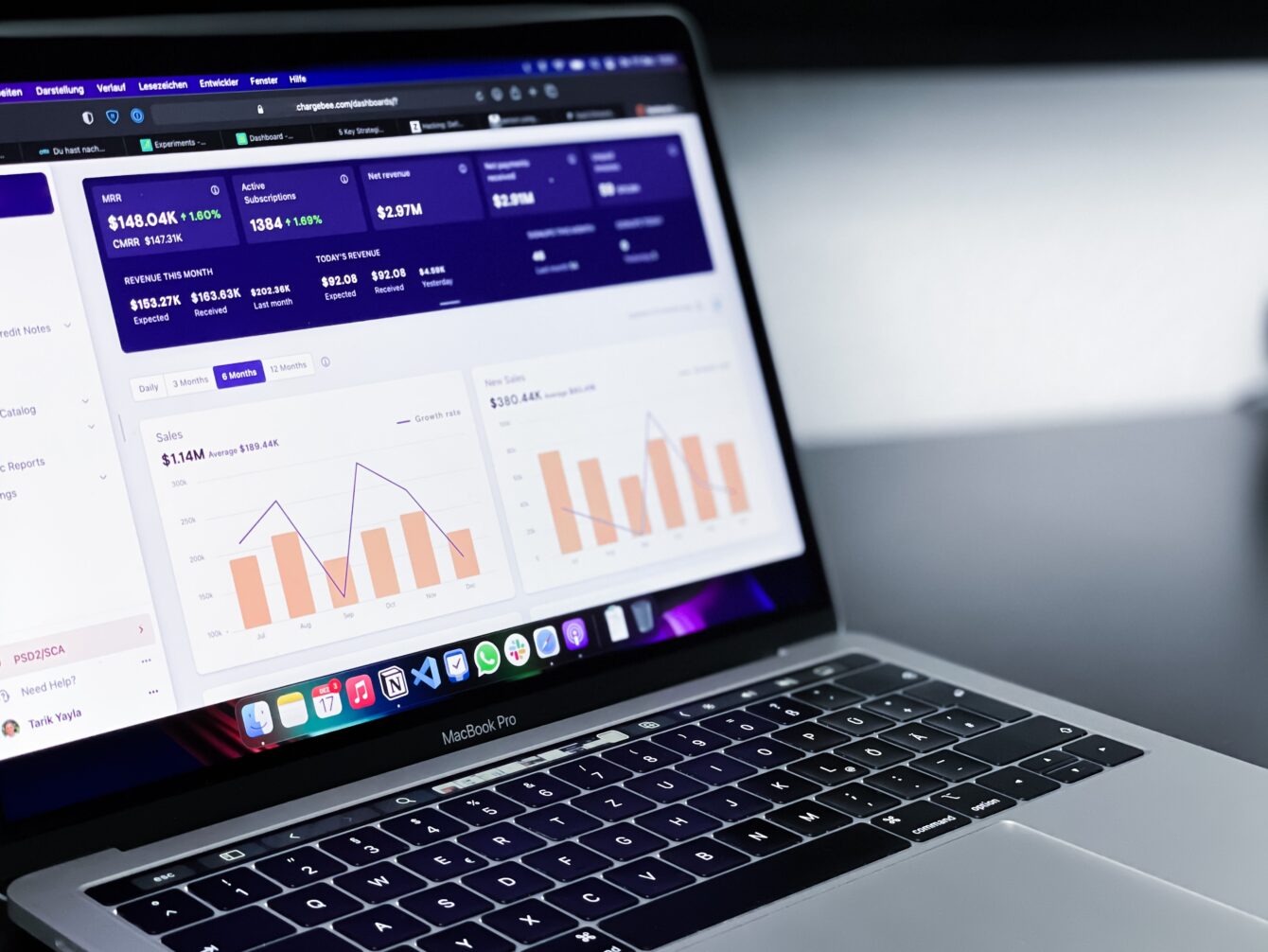The power of data has been recognized in virtually every sector of business, and software development is no exception. As an engine powering the modern digital world, software development has been significantly revolutionized by the integration of data analytics. By leveraging data, software developers can make informed decisions, craft superior products, and deliver exceptional user experiences. This article will delve into the crucial role that data analytics plays in software development, and why it should matter to businesses in search of a design and engineering agency.
Optimizing the Development Process
Data analytics plays a pivotal role in the optimization of the software development process. Through the analysis of data, developers can gain insights into patterns, potential bottlenecks, and areas of inefficiency in the development cycle. This information, in turn, can be used to streamline processes, improve collaboration among team members, and ultimately reduce the time and costs associated with software development.
Enhancing Software Quality
Quality is a critical factor that sets successful software apart. Data analytics provides the tools to monitor code quality throughout the development process, enabling teams to identify and address issues in real-time. Whether it’s spotting a bug, identifying a security vulnerability, or improving the architecture, data-driven insights lead to high-quality software products that meet user expectations and business goals.
Predictive Analytics and Risk Management
Predictive analytics uses historical data to forecast future outcomes, and this is highly beneficial in the realm of software development. It allows for risk prediction and management, helping teams anticipate potential pitfalls and put preventive measures in place. By foreseeing and mitigating risks, businesses can avoid costly project delays and ensure the timely delivery of software projects.
Driving User-Centric Design
Data analytics can also provide invaluable insights into user behavior and preferences. By analyzing user data, developers can create software that is truly user-centric, aligning with user needs and expectations, and offering a personalized experience. This is especially significant in a world where customer experience has become a major competitive differentiator.
Improving Maintenance and Support
Post-deployment, data analytics aids in software maintenance and support. It allows for continuous monitoring of software performance, helping identify issues before they escalate into major problems. Predictive maintenance, powered by data analytics, can significantly reduce downtime and ensure optimal software performance.
Fostering Innovation
Data analytics not only supports existing processes, but it also paves the way for innovation. By identifying trends, unmet needs, and opportunities for improvement, data can inspire new features, functionalities, and even entirely new software solutions. This helps businesses to stay ahead of the competition and align their software products with the evolving needs of the market and their user base.
Supporting Decision Making
The integration of data analytics into software development extends beyond the technical sphere. It also aids in strategic decision-making processes. For instance, it can guide decisions about product features, the choice of technology stack, or the identification of target user segments. Through real-time insights, data analytics supports informed decision-making that aligns with business goals and market realities.
Enabling Customization
Data analytics also plays a crucial role in software customization. By analyzing individual user data, software can be designed to adapt to specific user behaviors and preferences, leading to personalized experiences. These custom experiences not only increase user satisfaction but also lead to higher engagement rates, and ultimately, business success.
Facilitating Testing and Validation
In the realm of software testing and validation, data analytics can identify areas of focus and improve efficiency. Analytics can guide the creation of test cases based on real-world usage patterns, ensuring comprehensive coverage. This leads to more efficient bug detection and rectification, contributing to the overall quality of the software.
Elevating Security
As cyber threats evolve, data analytics offers an essential line of defense. By analyzing patterns and anomalies, it can detect potential security vulnerabilities, enabling proactive action to safeguard software systems and sensitive user data. This not only enhances software security but also builds user trust and confidence.
Data analytics has a profound impact on every stage of the software development lifecycle. Its influence extends from the optimization of processes, through to the delivery of superior products and aftercare services. Companies that harness the power of data analytics can enhance their software development endeavors, resulting in robust, high-quality, and user-friendly solutions. In a competitive digital landscape, integrating data analytics into software development processes is not merely a nice-to-have—it’s a necessity for survival and success.




